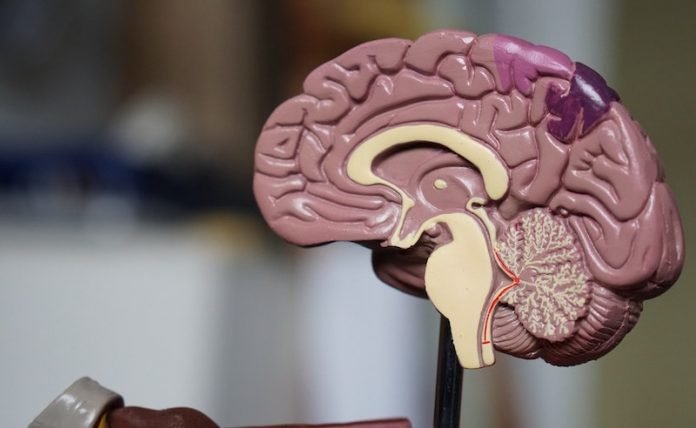
In a new study, researchers found that COVID-19 might raise stroke risk in young and middle-aged adults, with virus-linked blood clots causing severe damage to their brains.
The research was conducted by a team at the Mount Sinai Health System.
The team examined five cases during a two-week period from March 23 to April 7.
The patients ranged in age from 33 to 49, and all were COVID-19 positive when they came to the hospital for care.
The youngest, a 33-year-old woman, developed numbness and weakness in her left side in the course of a day, after suffering cough, headache, and chills for a week.
The woman tested positive for COVID-19, and doctors found a blood clot lodged in a cerebral artery.
She was treated with blood thinners and anticoagulant drugs, and after 10 days was released to a rehabilitation center.
The team says there is definitely increased clotting risk associated with the virus that’s not typically seen in other viral infections.
Doctors more typically find deep vein clots in the legs and arms associated with COVID-19, or clots in the lungs.
It’s unclear to the researchers at this point if COVID-19 is definitely increasing the rate of stroke, based on these small numbers.
Researchers also warn that many people aren’t seeking medical treatment for stroke symptoms because they’re afraid they’ll become infected with the coronavirus at the hospital.
This is a real problem because every extra second a stroke persists means more lost brain for the patient.
They encourage people to seek immediate treatment for stroke symptoms.
The lead author of the study is Dr. Thomas Oxley, an interventional neurologist with Mount Sinai Beth Israel Hospital.
The study is published in the New England Journal of Medicine.
Copyright © 2020 Knowridge Science Report. All rights reserved.



